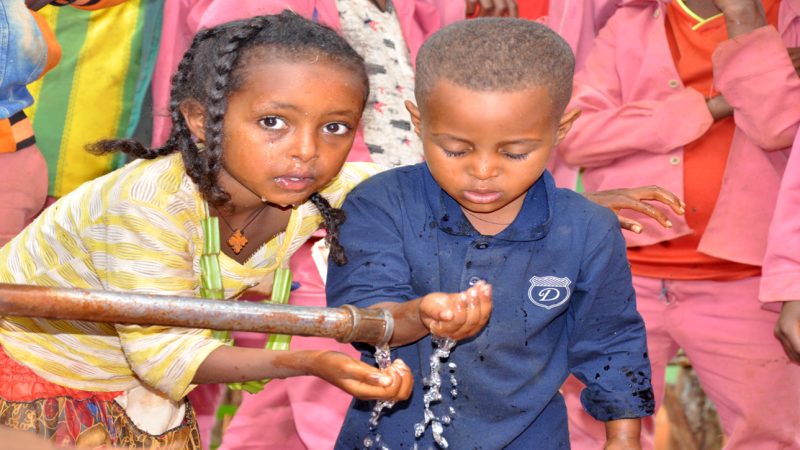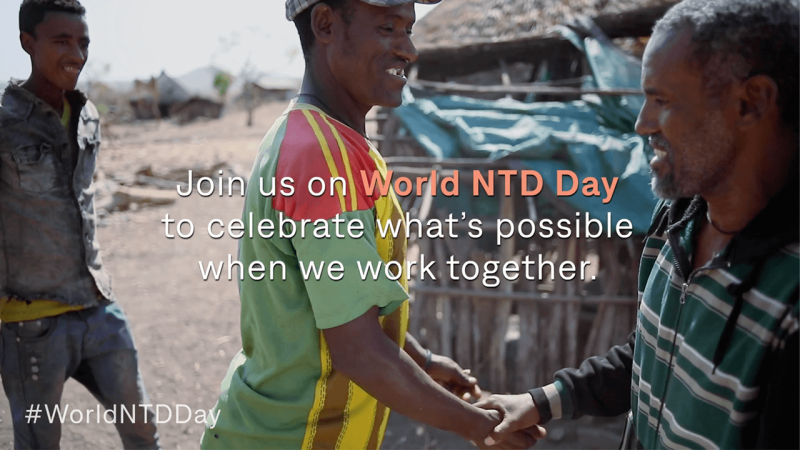Ghana
Through longstanding partnerships with the Ghanaian government and local and international nongovernmental organizations, The Carter Center helped advance peace and health in Ghana by observing elections, fighting preventable diseases, and advancing agricultural production.
Currently, we partner with the city of Accra as part of our groundbreaking Inform Women, Transform Lives campaign.
Short-term Goals
We are increasing access to information for women.
Impact
- In 2015, Ghana was certified by the World Health Organization as having eliminated Guinea worm disease.
- In 2018, Ghana became the first sub-Saharan African country validated by the World Health Organization as having eliminated trachoma as a public health problem.
- We provided crucial support to keep the country’s electoral institutions and processes strong as Ghana began its return to democracy in 1992.
- We convened more than 40 scholars, activists, and religious leaders in 2015 to find ways to combat the abuse and oppression of women and girls in Ghana.
Carter Center Adds 12 More Cities to its Global Inform Women, Transform Lives Campaign
Carter Center Congratulates Ghana for Triumph over Trachoma
What It Means To Be Guinea Worm-free

Related Content
Global Impact Starts with You
Your support sustains the Carter Center's mission of waging peace, fighting disease, and building hope around the world.



